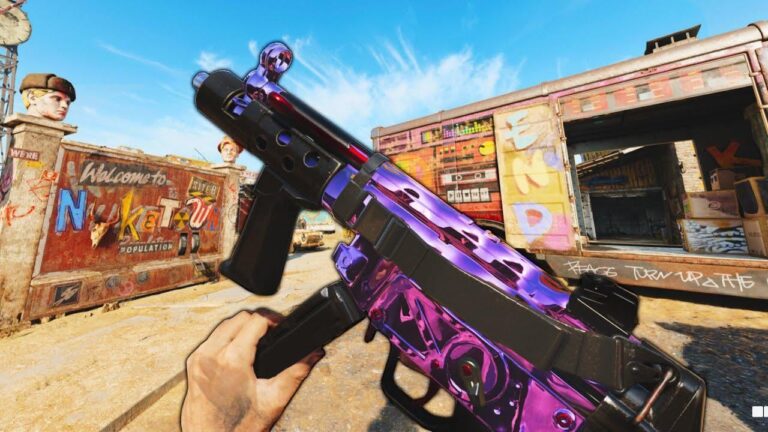Rat Exterminator Solutions for Effective Pest Control and Prevention
A rat exterminator specializes in identifying, removing, and preventing rat infestations using targeted methods designed for permanent control. Effective rat extermination often involves a combination of trapping, baiting, and sealing entry points to stop rats from returning. This approach not only removes the immediate problem but also protects the home or business from future invasions.
Rats are common pests in both urban and suburban settings, attracted by food, water, and shelter. Professionals understand rat behavior and habits, which allows them to tailor treatments that are both efficient and safe. When dealing with rats, relying on expert services ensures a thorough resolution, reducing risks to health and property.
Choosing a skilled rat exterminator is critical because rats reproduce quickly and can cause significant damage if left unchecked. By addressing the problem promptly and systematically, exterminators help prevent the escalation of infestations and protect the environment within the property.
Rat Exterminator Services
Rat exterminator services target removal and prevention through precise strategies adapted to the infestation’s scope. They include detailed assessments, effective removal techniques, and specific treatment plans that address structural vulnerabilities and individual needs.
Methods for Rat Removal
Exterminators use traps, chemical baits, and exclusion techniques to remove rats safely and efficiently. Snap traps and live traps are common for immediate capture, while bait stations containing rodenticides target larger infestations.
Physical removal is complemented by sealing entry points to prevent reinfestation. Many services use organic or chemical-free options when requested, especially in homes with children or pets. Technicians often combine multiple methods for greater success, including the use of electronic monitors or ultrasonic deterrents.
Inspection Process
A thorough inspection identifies rat entry points, nesting sites, and food sources. Professionals examine both the interior and exterior of the property, focusing on attics, basements, wall voids, and crawlspaces.
Experienced technicians look for signs like droppings, gnaw marks, and grease trails. They also assess structural damage and potential weaknesses like holes or cracks in foundations and vents. The inspection report guides the exterminator’s choice of control methods.
Customized Treatment Plans
Treatment plans are tailored to the infestation type, property size, and client preferences. Effective plans include a combination of removal techniques, habitat modification, and ongoing monitoring.
They address underlying causes such as food availability and moisture issues to prevent return. Clients receive detailed instructions on sanitation improvements and property maintenance. The plan often features scheduled follow-up visits to evaluate effectiveness and adjust tactics as needed.
Choosing a Professional Exterminator
Selecting the right rat exterminator requires a focus on credentials, methods, and budget. Understanding these areas helps ensure a safe, effective, and cost-efficient solution.
Qualifications to Look For
A reputable exterminator should possess proper licenses and certifications from recognized authorities. Membership in professional organizations, such as the National Pest Management Association (NPMA), is a strong indicator of ongoing training and adherence to industry standards.
Experience specifically in rat control is crucial. Professionals with specialized knowledge understand rat behavior and can identify infestation patterns accurately. This expertise guarantees tailored treatment plans rather than a one-size-fits-all approach.
Checking customer reviews and asking for references further confirms reliability. Trustworthy exterminators provide transparent communication and detailed assessments before starting work.
Safety and Effectiveness
A professional uses techniques that minimize harm to people, pets, and the environment. These include targeted baiting, trapping, and sealing of entry points to prevent reinfestation.
They conduct thorough inspections to assess infestation size and apply methods accordingly. Overuse of chemicals or ineffective traps can prolong the problem or cause unintended damage.
Proper disposal of rat carcasses and contaminated materials reduces health risks. Skilled exterminators follow local safety regulations and recommend ongoing preventative measures to maintain a pest-free home.
Cost Considerations
Prices vary depending on infestation severity, treatment methods, and geographic location. Basic services might involve trapping and bait stations, while severe cases could require fumigation or comprehensive sealing.
Transparent companies provide detailed estimates upfront without hidden fees. Investing in professional service often results in longer-lasting control compared to DIY attempts, reducing future expenses.
Homeowners should weigh initial costs against potential damage repair and health risks caused by untreated infestations. Some exterminators also offer follow-up visits or maintenance plans at additional cost.







